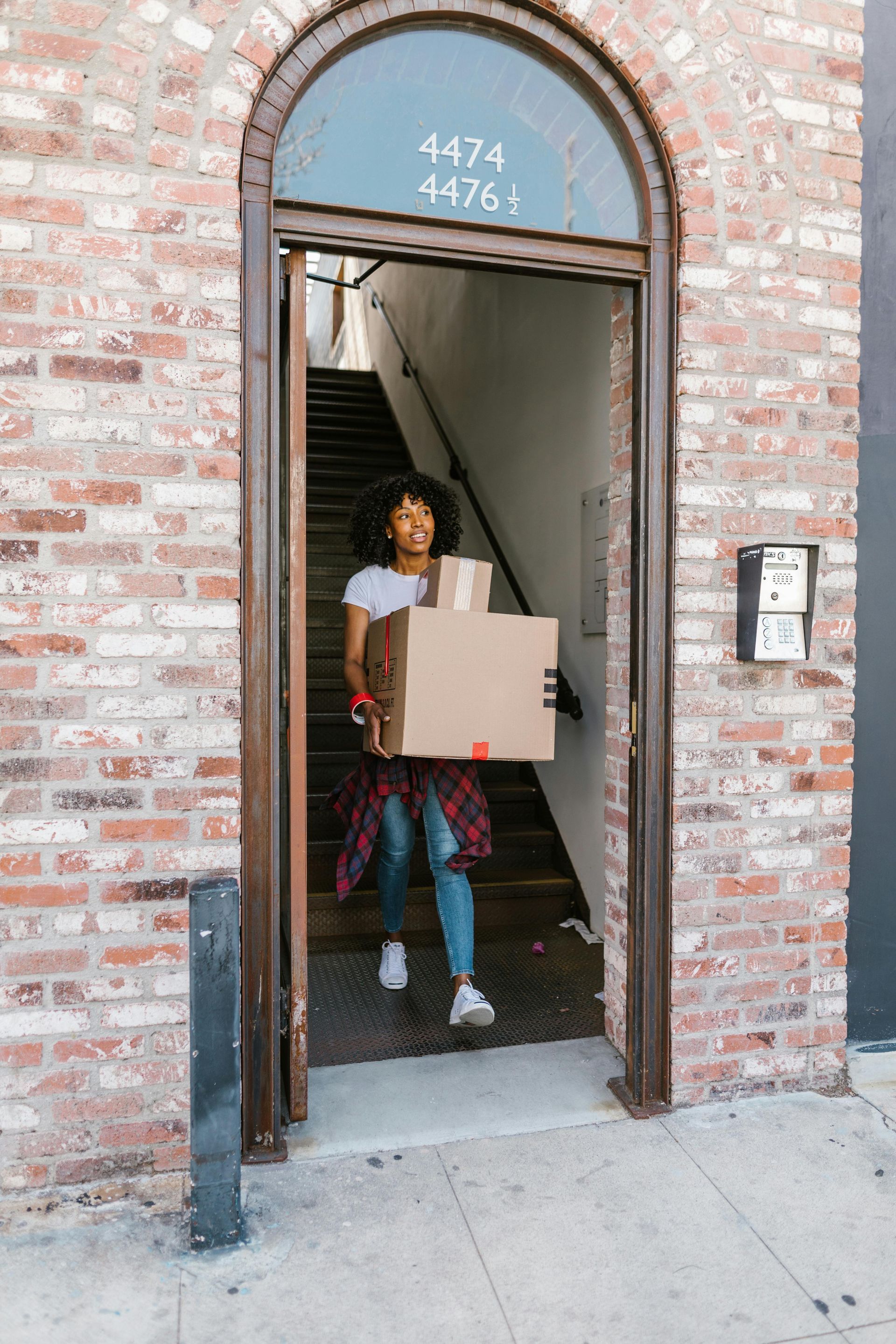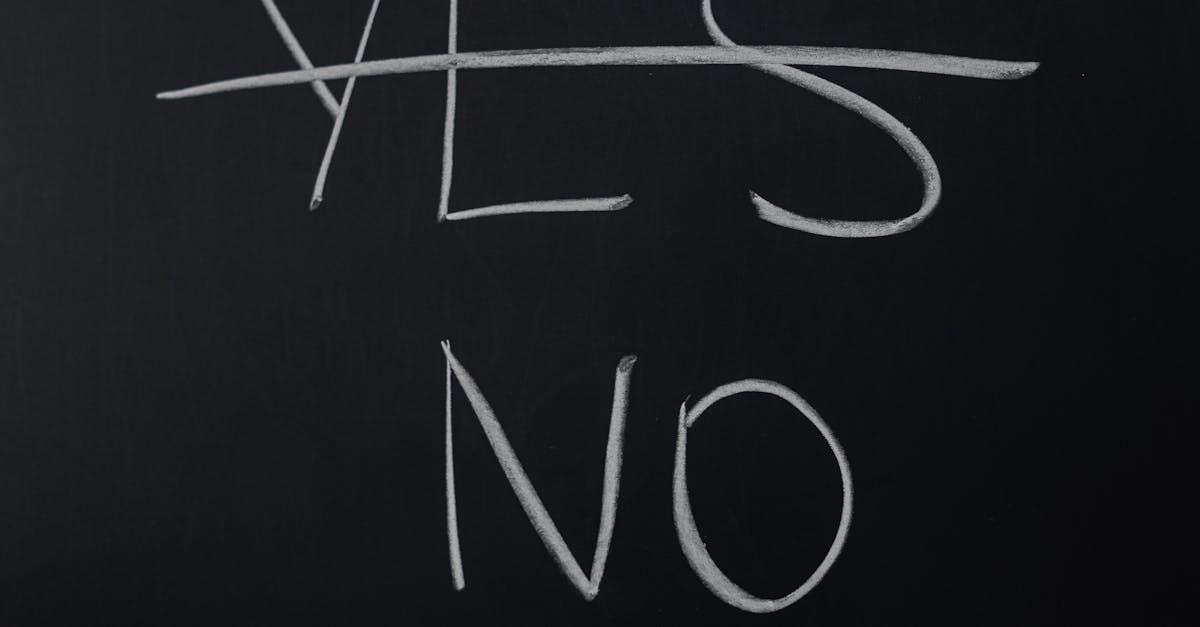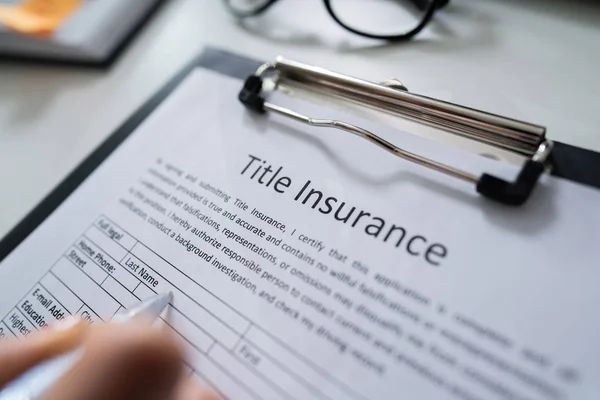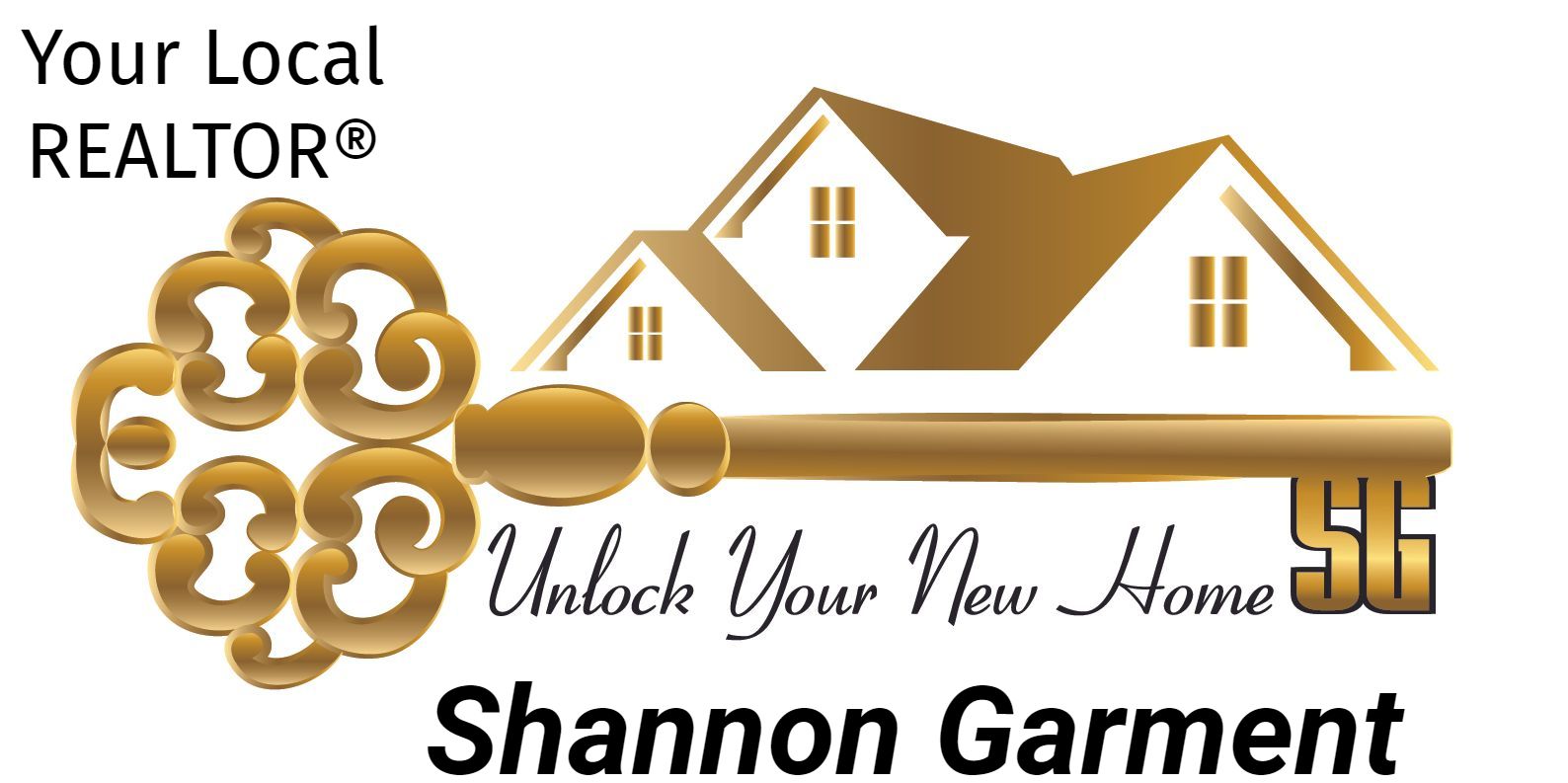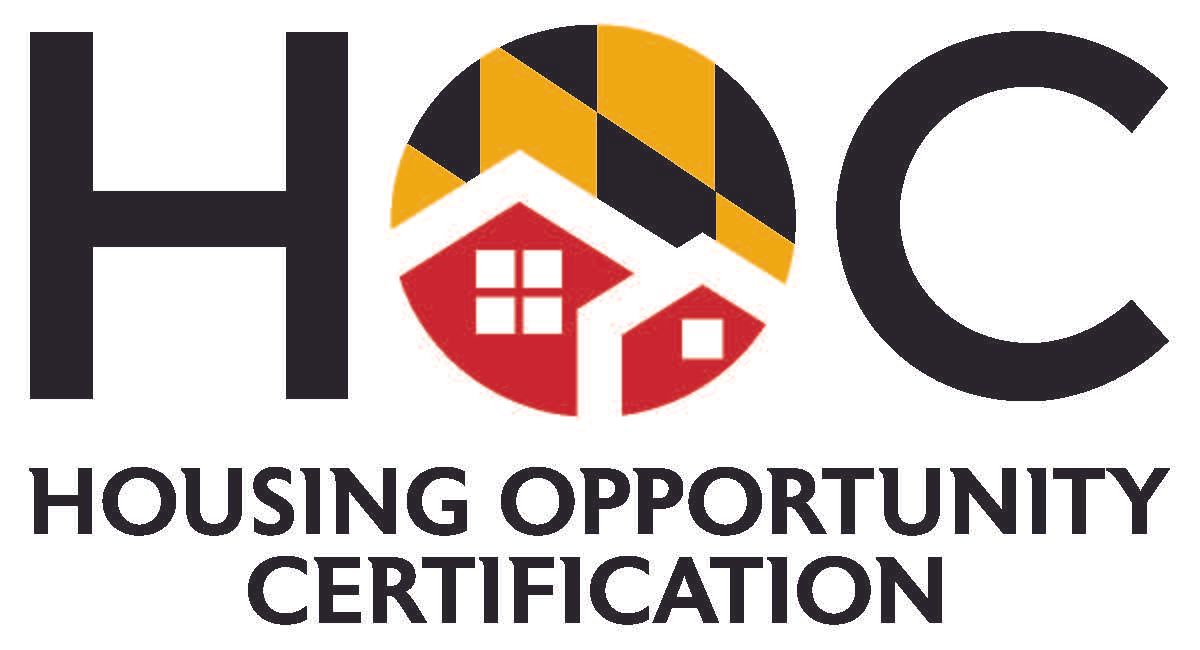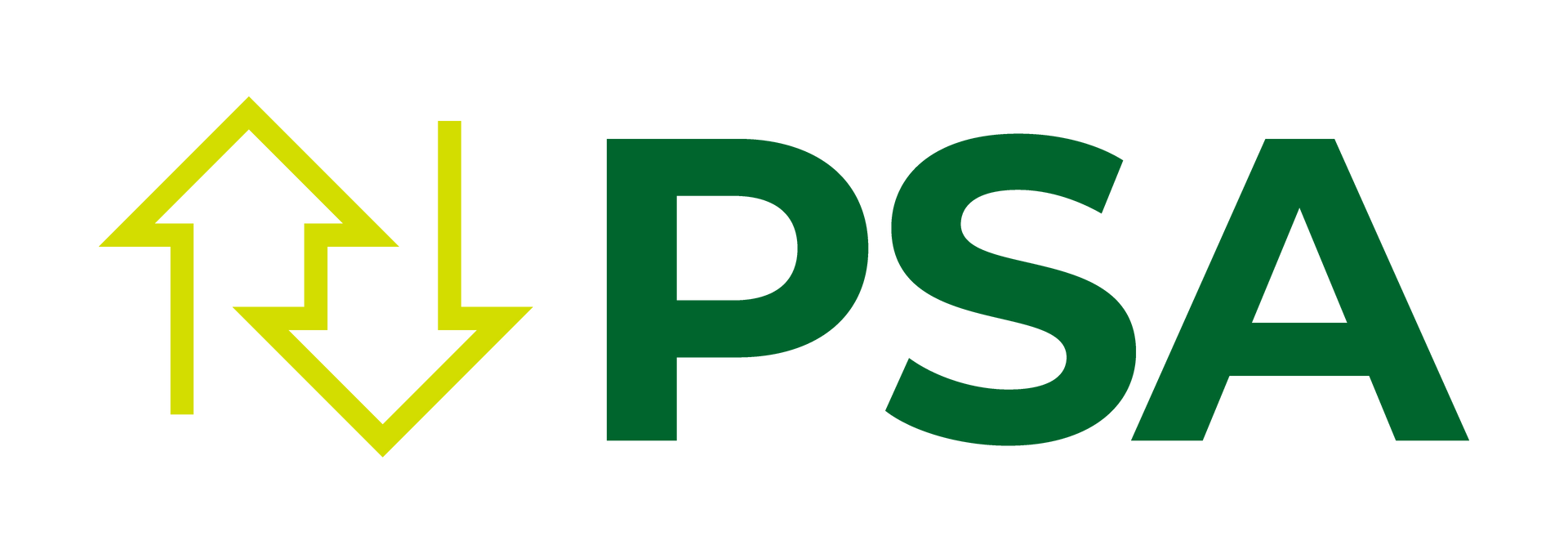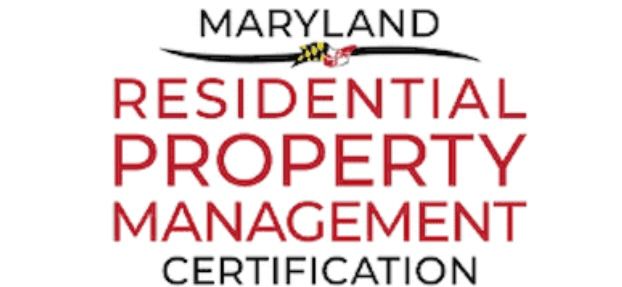Homeowners Insurance
Is Home Insurance Required to Buy a Home?
Proof of homeowners insurance will often be required by your lender before they fund the home loan and turn over the property to the buyer. A lien will be held on the property by the lender until the home is fully paid off. Because of this, it is likely that the lender will ensure that the property is insured while the buyer is paying down their mortgage.
Shopping for a Policy
Certain things may not be covered in a standard policy, such as earthquakes, floods, or landslides, depending on where you are shopping for home insurance. Your home insurance agent will be able to tell you if there’s an option to purchase protection from any incidents that aren’t included that you may be at risk of encountering.
It's beneficial to compare homeowners insurance quotes and pricing for best options. Another helpful tip would be bundling homeowners and auto insurance with the same insurer, as it often helps you save money.
Your loan specialist will let you know when to buy homeowners insurance during the mortgage approval process.
Important Factors: Mortgage, Insurance, and Escrow
Escrow accounts hold funds that are designated for your home insurance and property taxes and are recommended as they ensure that you stay up to date with these fees as your lender pays on your behalf when they are due.
For this process, each month, you will pay a specific amount, which is typically a few hundred dollars, above your normal mortgage payment. These extra funds will be kept in the escrow account by your lender or mortgage servicer.
Most lenders will require you to obtain mortgage insurance if your down payment is less than 20%. If you have a conventional loan, your mortgage insurance is called Private Mortgage Insurance (PMI). If you have a loan backed by the Federal Housing Administration (FHA), your mortgage insurance is known as mortgage insurance premium (MIP).
Closing Cost Process
The first term of your homeowner’s insurance may be required to be paid at closing by your lender, as well as the funds deposited into your escrow account for the next billing cycle. If you don’t have escrow, however, the entire first year’s home insurance premium will likely have to be paid at closing. In some cases, a lender may charge a nominal fee to waive your escrow requirement. Homeowners have the option of using escrow to pay for home insurance and property taxes in installments rather than annually or biannually.
